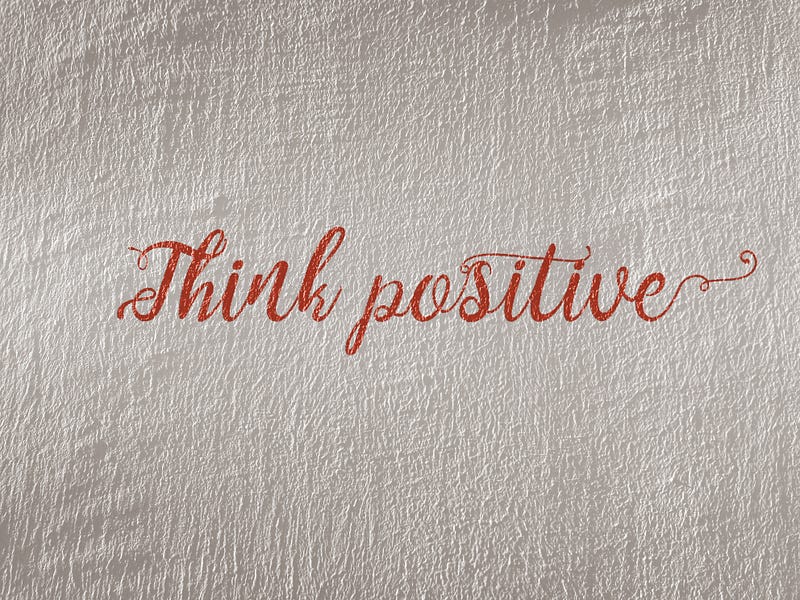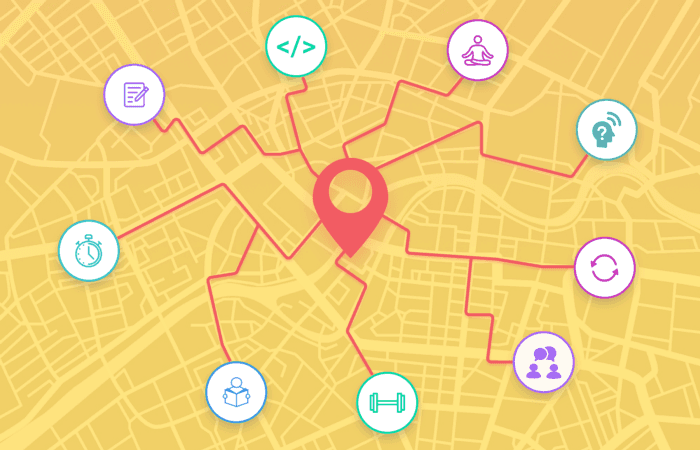What is the goal of the developer interview? The company is looking for the best employee possible. But what does the best mean?
For most companies, especially those looking for junior developers, the best hire is not the person with the best skills but a person who is an excellent cultural fit and has the potential to grow.
When you're a junior, your long-term contribution is more important than your current skill set. So your main goal in an interview is to prove that working with you will be a good experience and that you have the potential to become a great developer.
And I'll teach you how to do this.
Communicate your intentions
Usually, a big part of a developer interview is some coding challenge. It may be a whiteboard, debugging, or pair coding session, but whatever it is, keep this rule in mind — if you're working with the code, explain what and why you're doing.
It's even more important than giving the correct answer. When the company is looking for a developer, they are not necessarily interested in knowing if the developer can solve a particular task. They're interested in learning how the developer thinks and if they can solve all the different kinds of tasks.
Your approach to the problem is more valuable than the answer. We want to see how you think, not just if you've got an answer.
It's great news because your ideas are a valuable insight into your skills. So even if you struggle to find the solution, you can get the job if your attempts are good enough.
Remember that communicating your thoughts when coding is hard. Most people are not used to explaining their reasoning step by step. So before the interview, you should train. You can use the rubber duck debugging method for practice. But even better is to ask someone to play the role of the interviewer and listen to you solving some programming problem out loud. They don't need to know how to code or even understand the task — the important thing is that you practice thinking and explaining code to the live audience.
Be honest
You know very little. That's fine.
There's nothing funnier than a developer after a 3-month long bootcamp pretending they know everything and listing dozens of tools and languages they supposedly know.
Nobody expects you to know everything. Being a software developer is looking for solutions and learning. Even the best developers with decades of experience don't know everything. There's just too much knowledge.
You'll be improving your skills throughout your career, the faster you learn to admit to things you don't know and get used to asking for help, the better.
So be honest about your skills, but also ensure the recruiter knows you're willing to fill in your knowledge gaps as quickly as possible.
And remember — you make mistakes, and everyone else makes them too. Recognize your mistakes and own them. Use them as fuel for your growth.
 Photo by Viktor Forgacs on Unsplash
Photo by Viktor Forgacs on Unsplash
Have a positive attitude
You may like it or not, but your attitude matters a lot. People seldom hire people they don't like. It's subconscious, we're attracted to the ones we like, and a positive attitude and energy are infectious.
Making a good first impression is tricky because you're often stressed in an interview and have only half an hour or so to prove you're a good candidate. But I've got a few simple tricks to help you.
Many recruiters will assess you in the first few minutes, so a good first impression is critical. One time I rejected a candidate almost immediately, as he was slouching on the chair and seemed bored and disinterested. He could have been a sound software engineer, but I was sure I would not like to work with him. Don't repeat his mistake.
It doesn't mean you have (or should) change your personality.
Be yourself, but the best version of yourself.
No one will believe you'll become a valuable employee if you're not at your best during the interview.
Make sure you sleep well and hydrate to have as much energy as possible.
Look eager to learn and be interested in the company. It's a matter of respect — you show you're taking the recruitment process seriously.
Try being friendly — programming is a team sport, and you'll work with people a lot. So making some friends will help you not only in the interview but also in your career.
Be trainable
This might be the most critical point — recruiters are looking for someone who can grow, so your first task is to convince them that you're trainable.
How do you show you're trainable in a short, stressful meeting? Use these tricks when answering the question.
After hearing the question, you should first take a deep breath. You should give yourself time to think. It always seems you have to respond immediately, but that's just your mind playing tricks on you. The interviewer is ready to wait for your answer, so take your time to consider the question. This way, you show the recruiter that you're thinking, not just shooting with the first thing that comes to mind.
When you answer the question, always consider different possible solutions, show you're interested in the new trends, and expanding your skills. Ask questions to understand why behind the things recruiters are telling you. Don't jump to conclusions about anything; try to understand why different tools exist and what problem they solve.
Even if you solved your task correctly, always ask about alternative answers. Maybe there are some better, faster, or more structured solutions from which you can learn. Be interested if the things work and why they work. You should look like someone who wants to learn new things from every assignment.
These things show that you don't care only about an answer but about understanding the answers and your growth.
Be interested
The job interview is a conversation, not a monologue. You are interviewing the company as much as they're interviewing you. So ask questions about the company, and don't be afraid to express your opinions and reservations.
I've met many candidates who did not care about my company. And I get it. When starting your career, you want to find any job, so it's hard to be bothered by your workplace. But you can't expect the company to care if you don't care.
Usually, when the interview ends, it's time for your questions. You should take this opportunity and ask some; saying you have no questions is often perceived as unprofessional. You should prepare many questions because topics are often exhausted during the interview, so if you've got only a couple of questions, they may have already been answered.
You especially want to know everything about the tools used for work, the team you will work with, and the type of projects you can expect. These questions will not only show you're interested but also help you to decide if you want to work in this place or not.






